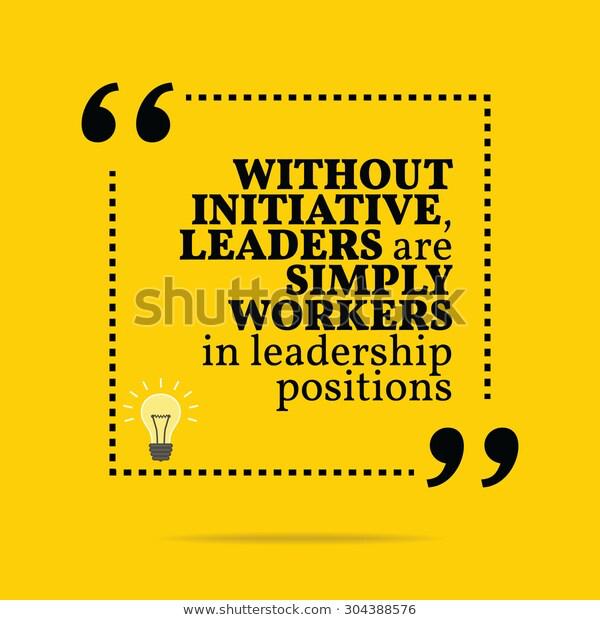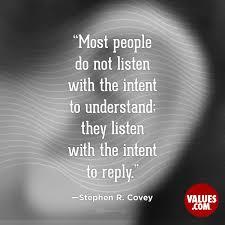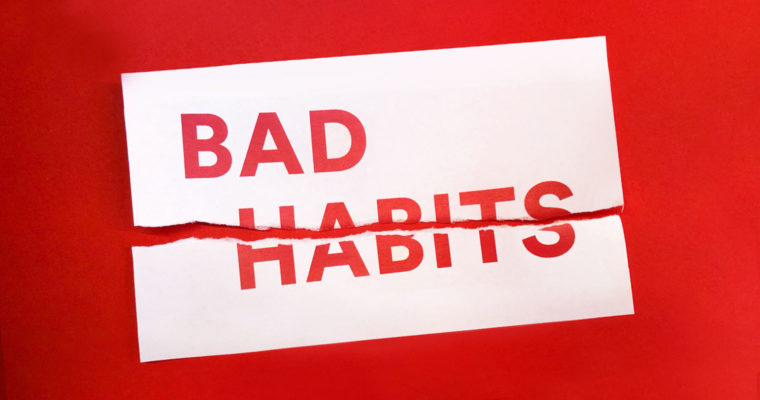It is necessary to identify the negativity in your attitude. What is negative attitude? Negative attitude is when you start focusing on the problems that you might face during your efforts to achieve your goals. It is the lack of hope that things will happen to help you out in your mission. It is the feeling that people will not help you because on earlier occasions you met with rejections. Negative attitude is the lack of your conviction that you can overcome the hurdles that you might face during your journey. In a sense, negative attitude is also a lack of belief in you. Some more symptoms of negative attitude are enumerated below:
1.Laziness: When you think you don’t have the energy to get up and do the work. Sometimes you don’t even think and realize that laziness is simply whiling away the time. It is not even procrastination which will be described separately.

2.Low self esteem: It is an extremely harmful attribute in your personality. You start thinking that you are good for nothing. You accept the situations in which you are because your self esteem is so low that you think you can do nothing better.
3.Low productivity: Work has a strange tendency of expanding as per the time available. Even worse is when no time is allotted for the completion of a task. This gives you a feeling of solving certain important problems whereas in fact you are just being satisfied in remaining busy. This approach will never allow you to increase your productivity. For doing more in a given time, you have to stretch yourself. Therefore is it necessary that you allot specific time duration for a task. In the beginning, the allocation may seem difficult, but once you form a habit it will become much easier. Difficult or easy, it is necessary.

2.Low self esteem: It is an extremely harmful attribute in your personality. You start thinking that you are good for nothing. You accept the situations in which you are because your self esteem is so low that you think you can do nothing better.
4.Lack of initiative: For any significant progress, initiative is necessary. What is initiative? Initiative is your first step for going ahead with a task. When it is something new, you have to creatively think and courageously take the first step, even if there is some risk. No risk is the biggest risk in life. Any significant initiative cannot be taken to move forward without accepting this reality. So don’t be afraid to take initiative.

5.Not listening to understand: In the course of conversations, sometimes we tend to focus so much on what we have to say, that we stop listening to the other person. This is particularly so when the speaker has said something for which we have a ready argument to negate what he has said. Unfortunately, such a habit does not allow us to listen and assimilate what the speaker says after that. Evidently it leads to miscommunication and problems. The solution is first understand and then be understood.6.
6.Faking: We feel envious of some people who are more successful in the material sense than we think that they deserve. Such a feeling leads us to a myth that it is their style which makes them successful and we try to imitate their conduct. This is a extremely bad situation. We lose belief in ourselves, and how can we expect that others will believe us.
7.Not trying to express: When we have certain ideas, but either we do not want to express, or we are afraid to express, is also indicative of our negative attitude. It is necessary to develop an ability to express without hesitation. The fear of rejection which takes away your ability to act is one of the serious handicaps.

8.Not learning lessons from mistakes: There is no one who does not commit mistakes. Whenever we undertake something new, mistakes may happen. This is normal. However, repeating the same mistake again and again, is neither normal, nor should be acceptable. Thus we must learn lessons from our past mistakes and use these lessons to direct our future efforts.

9.Ego: Ego happens to be another aspect of personality which does not allow us to grow. Ego comes in the way of our approaching people to help us. It makes us believe that it is below our dignity to seek help. A success Guru had said that there are eleven principles of achieving success. And what are these eleven principles? These are, ask, ask, ask….(eleven times).
10.Jealousy: Jealousy is a negative emotion which keeps sapping our creative energies. We gain nothing in the process. It makes us feel as victims of fate or poor destiny. Jealousy may even take away our sound sleep. The worst part is that sometimes it cannot be contained, it goes on swelling. Jealousy must be thwarted out of the personality.
11.Avoiding hard work: There is only one way to success, and that is the hard way. If we habitually seek short cuts it will be very difficult for us to work hard. What is working hard? When you are fully devoted to completing the job and you forget even your surroundings, you continue to work even when you are tired because you want to complete. That aspect of work may be termed as hard work. Initially it may be very difficult, but then one can form a habit. For any significant progress, hard work is necessary.

















